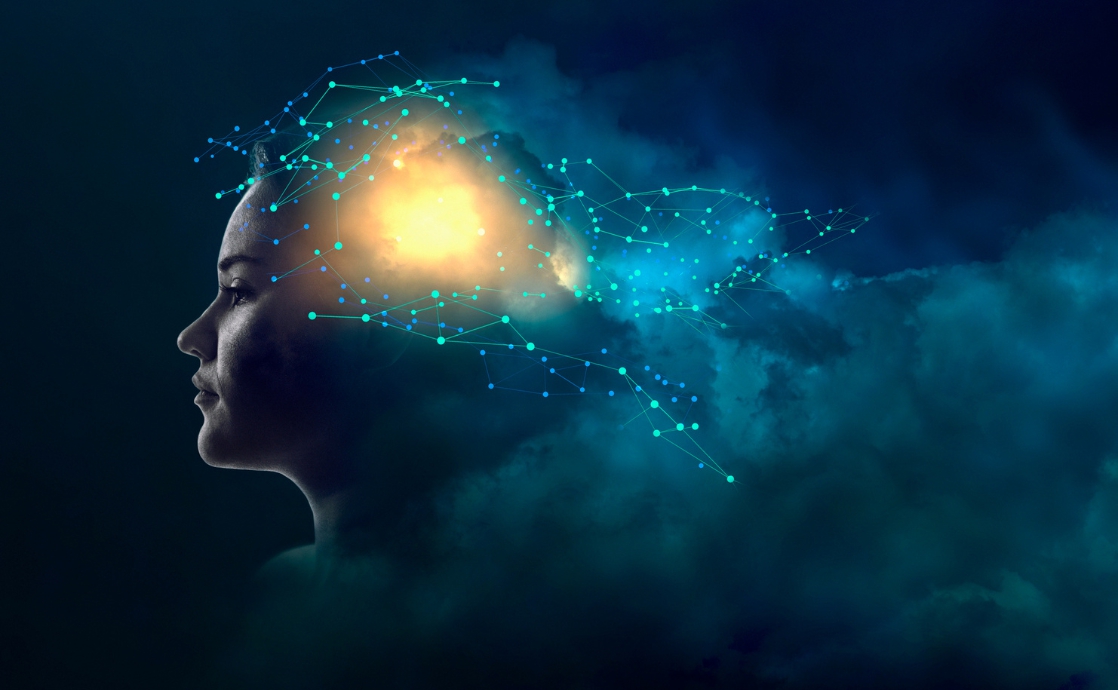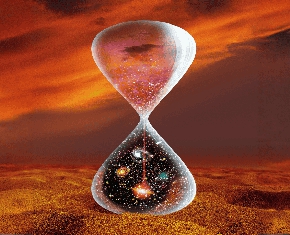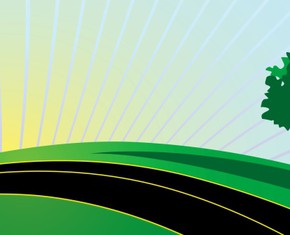The views expressed in our content reflect individual perspectives and do not represent the authoritative views of the Baha'i Faith.
We often see science and religion as two polar opposites: One is rational, practical, and objective. The other is emotional, mystical, and subjective.
Different spaces or cultures value science and religion differently — and it often feels like you have to pick and choose. Do I believe in God, or in the Big Bang? Do I believe in prayer, or in modern medicine? Is there such a thing as divine inspiration — or just human intellect?
These apparent contradictions have been sources of division for as long as we can remember. They have led to fear, rejection, and even wars. As we move into an increasingly more technologically and scientifically advanced society, many of us wonder — does spirituality have a place in modern society?
RELATED: Can Science and Morality Find Common Ground?
But we’re still far from being able to say that we have answered all the questions. Many of our most basic, fundamental questions are a mystery, like — Why are we here? Where does life come from? What makes humans, human? Does consciousness persist after we die?
Science hasn’t been able to answer these questions, yet. But religion has been trying to answer them from the very beginning. And for many scientists, that doesn’t feel like a contradiction — it just means we still have a ways to go.
Albert Einstein remarked“The most beautiful thing we can experience is the Mysterious.”
Louis Pasteur once said “Little science takes you away from God but more of it takes you to Him.”
Still, religion doesn’t give us answers outright. Just like science, finding the truth takes questioning, investigating, and collective learning. Yeah, you’ve got it — the scientific method. Religion isn’t a static thing. As Abdu’l-Baha, one of the central figures of the Baha’i Faith, once said: “Religion is the outer expression of the divine reality. Therefore, it must be living, vitalized, moving and progressive.”
He added that religion: “… must stand the analysis of reason. It must agree with scientific fact and proof so that science will sanction religion and religion fortify science. Both are indissolubly welded and joined in reality.”
But that takes detachment from our own ego and our desire for true objectivity – and it takes a lot of effort. That’s why we see so much fanaticism in religion … just like we see corruption in science.
Without detachment and sincere investigation, we can’t find truth in science or religion.
So what if, instead of classifying science and religion as two completely opposite areas, we could treat them as two crucial tools for the investigation of reality? As Marie Curie once said, “Nothing in life is to be feared, it is only to be understood.”
What if we used the scientific method to determine what spiritual practices improve our mental health and our relationships with others? What if we investigated the words of different prophets from all cultures — to check the world’s religions’ “sources”?
RELATED: Can Science Unravel the Power of Prayer and Meditation?
What if science could help us better understand the beauty of the divine creation all around us — to uncover the secrets of how it functions in harmony and what our place is in it?
Since the beginning of time, we humans have had faith in something bigger than ourselves, and a determined desire to investigate the world around us. Both these skills led us to new ways of organizing our society, to new inventions, to more constructive ways of thinking and relating to one another.
Why can’t we see this as a next step in our evolution — not to get rid of either religion or science, but to integrate them, and use them both as two wings to understand reality as we soar to the future?
















Comments
Sign in or create an account
Continue with Googleor